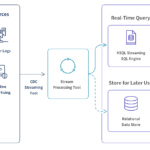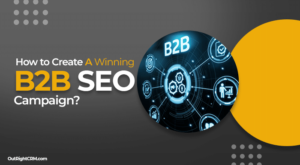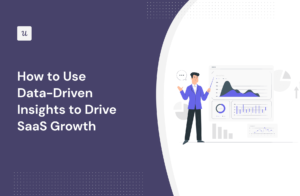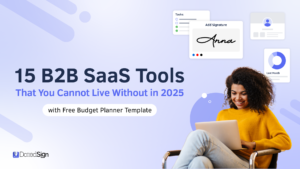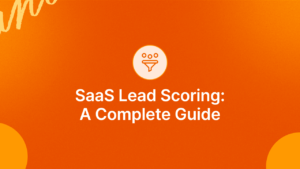In today’s competitive market, understanding your customers is crucial. Advanced customer segmentation can help businesses thrive.
Customer segmentation with CRM SaaS tools allows you to divide your audience into specific groups. This process is essential for targeting marketing efforts and improving customer experiences. By analyzing data, businesses can identify patterns and preferences within their customer base.
This detailed understanding enables personalized communication, leading to higher engagement and satisfaction. In the following post, we will explore the benefits and techniques of advanced customer segmentation using CRM SaaS. This approach can transform how you interact with your customers, making your marketing strategies more effective. Let’s dive in and see how CRM SaaS can boost your customer segmentation efforts.
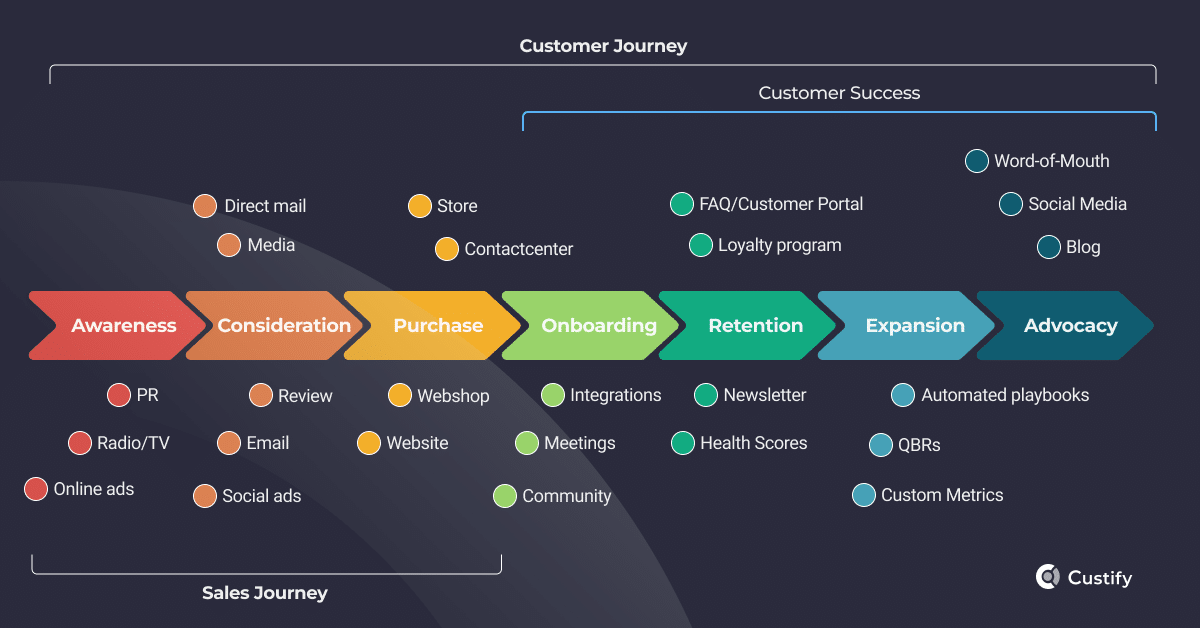
Credit: www.custify.com
Introduction To Customer Segmentation
Understanding your customers is essential for any business. Customer segmentation helps in creating personalized experiences. This leads to higher satisfaction and loyalty. By dividing customers into groups, businesses can target specific needs. This blog post introduces customer segmentation using CRM SaaS.
Importance Of Segmentation
Customer segmentation is crucial for effective marketing. Here are some key benefits:
- Personalized Marketing: Tailor messages to specific groups.
- Increased Engagement: Engage customers with relevant content.
- Higher Conversion Rates: Improve the chances of sales.
Overview Of Crm Saas
CRM SaaS stands for Customer Relationship Management Software as a Service. It helps businesses manage customer data and interactions. Here are some features:
| Feature | Benefit |
|---|---|
| Data Management | Organize and store customer information. |
| Automated Processes | Streamline marketing and sales tasks. |
| Analytics | Gain insights from customer data. |
Using CRM SaaS, businesses can achieve advanced segmentation. This leads to more effective marketing strategies.
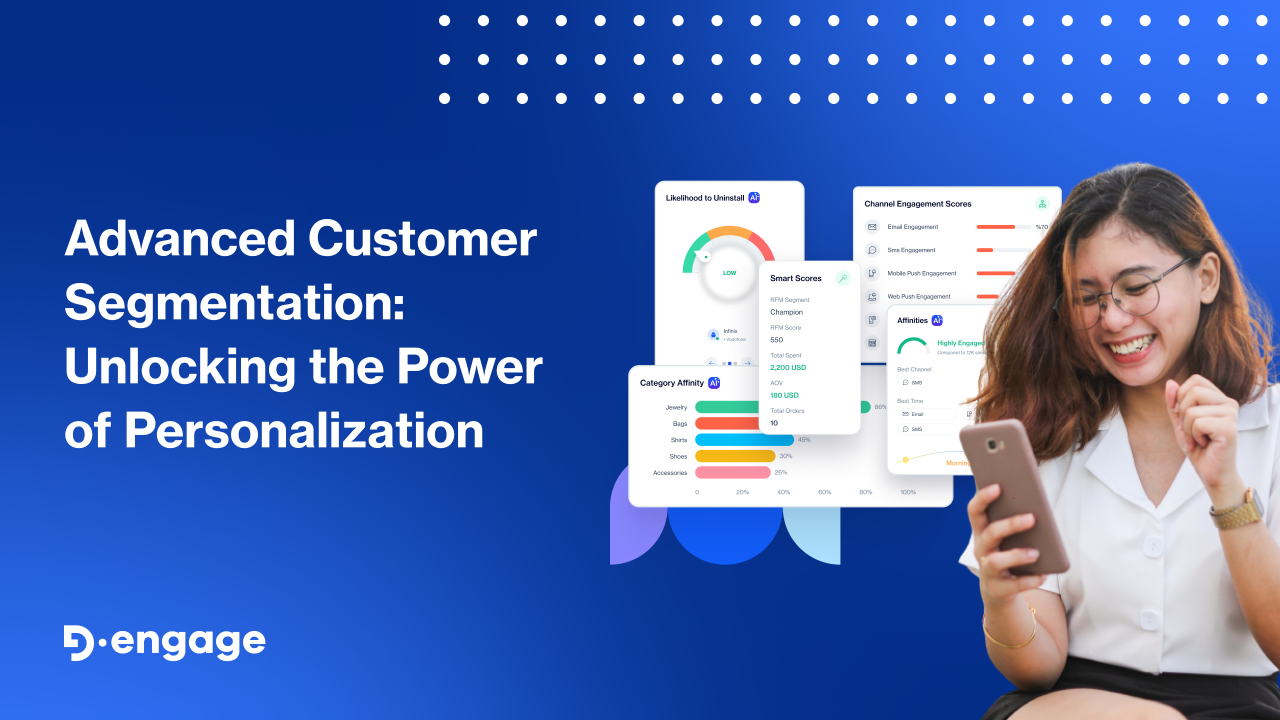
Credit: www.linkedin.com
Benefits Of Advanced Segmentation
Advanced customer segmentation with CRM SaaS offers many benefits. It allows businesses to better understand their customers. This understanding leads to improved marketing strategies. Let’s explore some key benefits.
Enhanced Customer Engagement
Advanced segmentation improves customer engagement significantly. By grouping customers based on behavior, businesses can create personalized messages. Personalized messages capture customer attention better. They also increase the likelihood of interaction.
For example:
- Personalized Emails: Send tailored content to different segments.
- Targeted Promotions: Offer specific deals to interested groups.
- Relevant Content: Share content that matches customer interests.
Such targeted engagement fosters stronger relationships. It also builds customer loyalty over time.
Need more clarity on CRM and Customer Support? This post provides the answers you're seeking. Saas CRMs for Multilingual Customer Support: Boost Global Engagement
Increased Sales Performance
Effective segmentation leads to better sales performance. By identifying high-value customers, businesses can focus their efforts. This focus results in higher conversion rates.
Key strategies include:
- Upselling: Suggest higher-value products to specific segments.
- Cross-selling: Recommend related products to existing customers.
- Retention Campaigns: Design campaigns for retaining key customers.
These strategies boost sales and increase revenue. They also optimize marketing spend, ensuring resources are used efficiently.
Key Segmentation Criteria
Understanding your customers is crucial for any business. Advanced customer segmentation with CRM SaaS (Software as a Service) helps you to better understand different customer groups. This approach uses key segmentation criteria to divide customers into specific segments. Let’s explore these key criteria.
Demographic Factors
Demographic factors are the most basic segmentation criteria. These include age, gender, income, education, and occupation. Knowing these details helps you to tailor your marketing efforts. For instance, products for young adults will differ from products for seniors. Gender-specific products also need targeted marketing. Income levels can influence purchasing power. Education and occupation provide insights into preferences and needs.
Behavioral Patterns
Behavioral patterns show how customers interact with your business. This includes their purchasing history, product usage, and brand loyalty. Analyzing these patterns helps you understand customer preferences. You can identify frequent buyers, one-time shoppers, and loyal customers. You can also see which products are popular. This information helps in creating personalized offers. It improves customer satisfaction and boosts sales.
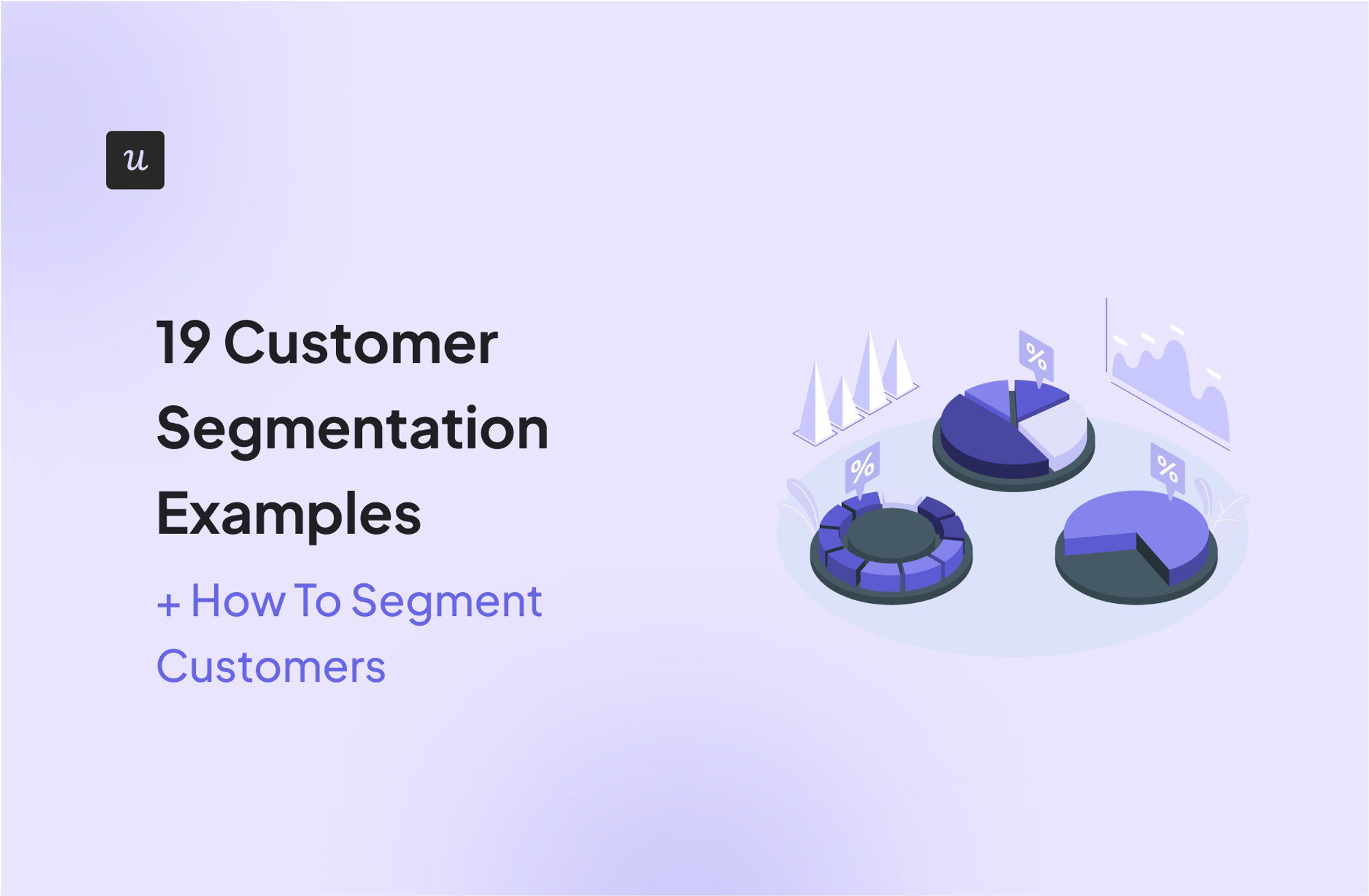
Credit: userpilot.com
Implementing Crm Saas For Segmentation
Implementing CRM SaaS for segmentation can transform how businesses interact with customers. This approach lets companies understand their audience better. By leveraging advanced customer segmentation, businesses can tailor their marketing strategies. This leads to improved customer satisfaction and higher conversion rates.
Choosing The Right Crm Tool
Selecting the right CRM tool is crucial. Not all tools offer the same features. Look for a CRM that supports detailed segmentation. Ensure it has user-friendly interfaces. The right tool should integrate easily with your current systems. Consider the scalability of the CRM. As your business grows, your CRM should adapt. Review customer feedback and case studies. This helps in making an informed decision.
Discover engaging insights on CRM and Customer Support by reading this featured article. Why Does Zoho CRM Have List Descending: Top Benefits Explained
Integration With Existing Systems
Integrating CRM SaaS with existing systems ensures smooth operations. Start by evaluating your current infrastructure. Identify gaps that a CRM can fill. Ensure compatibility between the CRM and your systems. This reduces downtime and avoids data loss. Use APIs for seamless integration. APIs help in connecting different software efficiently. Regularly update both systems for optimal performance.
Data Collection And Analysis
Data collection and analysis are crucial for advanced customer segmentation with CRM SaaS. By gathering and analyzing data, businesses can understand customer behavior. This understanding helps in creating more personalized marketing strategies.
Gathering Customer Data
Gathering customer data involves collecting information from various sources. These sources include website visits, social media interactions, and purchase history. CRM SaaS tools automate the data collection process. This automation saves time and ensures data accuracy. Businesses can also gather data through surveys and feedback forms. This direct input provides valuable insights into customer preferences.
Analyzing Data For Insights
Analyzing data for insights helps in understanding customer behavior patterns. CRM SaaS tools offer advanced analytics features. These features help in identifying trends and patterns. Businesses can segment customers based on their behavior and preferences. This segmentation allows for more targeted marketing efforts. Analyzing data also helps in identifying potential customer needs. Meeting these needs can improve customer satisfaction and loyalty.
Creating Targeted Campaigns
Advanced customer segmentation with CRM SaaS allows businesses to create targeted campaigns. These campaigns are tailored to specific customer groups. This approach can boost engagement and conversion rates. Let’s explore how to achieve this with personalized marketing strategies and automated campaign execution.
Personalized Marketing Strategies
Personalized marketing strategies involve tailoring your message to fit individual customer needs. With CRM SaaS, you can segment customers based on their behavior, preferences, and purchase history. This data helps in crafting messages that resonate with different segments.
For instance, you can create segments for new customers, loyal customers, and inactive customers. Each segment receives a customized message. New customers might get a welcome discount. Loyal customers could receive exclusive offers. Inactive customers might get a re-engagement campaign.
Here is a table showing examples of segmented campaigns:
| Segment | Campaign Type | Message Example |
|---|---|---|
| New Customers | Welcome Discount | Welcome! Enjoy 10% off your first purchase. |
| Loyal Customers | Exclusive Offers | Thank you for being loyal! Get early access to our sale. |
| Inactive Customers | Re-engagement | We miss you! Come back and enjoy 15% off. |
Learn more about CRM and Customer Support with this detailed and informative content. Real-Time Metrics Tracking for E-Commerce CRM Users: Boost Sales Now
Automated Campaign Execution
Automated campaign execution saves time and ensures consistency. With CRM SaaS, you can set up automated workflows for different customer segments. This means your campaigns run smoothly without manual intervention.
For example, an automated workflow for new customers could send a welcome email immediately after signup. A follow-up email could be scheduled one week later with a special offer. This automation keeps your brand top-of-mind.
- Immediate welcome email
- Follow-up email with a special offer
- Reminder email if no purchase is made
Automation also allows for testing and optimization. You can test different messages, subject lines, and offers. This helps you understand what works best for each segment. As a result, your campaigns become more effective over time.
Measuring Segmentation Success
Measuring the success of your advanced customer segmentation strategy with CRM SaaS is crucial. It helps you understand the impact of your efforts. This ensures that your segmentation is driving the desired results.
Key Performance Indicators
Key performance indicators (KPIs) are vital for tracking segmentation success. Start by identifying the most relevant KPIs for your business goals. Common KPIs include customer retention rates, conversion rates, and customer lifetime value.
Customer retention rates show how well you keep existing customers. Conversion rates help you see how many leads become paying customers. Customer lifetime value measures the total revenue from a customer over time.
Monitor these KPIs regularly to gauge your segmentation’s effectiveness. This helps you spot trends and make informed decisions.
Adjusting Strategies Based On Results
Once you have your KPIs, analyze the data to find patterns. If you notice a drop in retention rates, investigate the cause. It could be due to poor customer service or irrelevant marketing messages.
Adjust your strategies based on these insights. For instance, improve your customer service or tailor your messages better. Regularly review and refine your segmentation criteria. This ensures they stay relevant and effective.
By measuring segmentation success and adjusting strategies, you can optimize your CRM SaaS efforts. This leads to better customer relationships and higher profits.
Future Trends In Customer Segmentation
As technology advances, customer segmentation becomes more sophisticated. Businesses seek to understand their customers better. This need drives the future trends in customer segmentation. CRM SaaS platforms are evolving. They incorporate advanced tools to meet these demands. Here are some exciting trends shaping the future of customer segmentation.
Ai And Machine Learning
AI and Machine Learning are transforming customer segmentation. They analyze large data sets quickly. This provides deeper insights into customer behavior. AI identifies patterns that humans might miss. Machine Learning algorithms predict future behaviors. This helps businesses create more personalized marketing strategies.
Predictive Analytics
Predictive Analytics is another key trend. It uses historical data to forecast future trends. This allows businesses to anticipate customer needs. Predictive models help segment customers based on future actions. This proactive approach enhances customer satisfaction. It also improves customer retention rates.
Frequently Asked Questions
What Is Customer Segmentation In Crm?
Customer segmentation in CRM is the process of dividing customers into groups based on common characteristics. This helps businesses personalize marketing and improve customer experience.
How Does Crm Saas Help With Segmentation?
CRM SaaS tools provide advanced analytics and automation for effective customer segmentation. They enable businesses to create detailed customer profiles and targeted marketing campaigns.
Why Is Advanced Segmentation Important?
Advanced segmentation allows businesses to understand customer needs better. It leads to more personalized marketing, higher customer satisfaction, and increased retention rates.
What Are The Benefits Of Customer Segmentation?
Customer segmentation improves marketing efficiency, enhances customer experience, and boosts sales. It helps businesses target the right audience with relevant offers.
Conclusion
Advanced customer segmentation with CRM SaaS can transform your business approach. Tailored strategies enhance customer engagement. Better data means more precise targeting. Improved customer experiences lead to higher satisfaction. Your marketing efforts become more efficient. Ultimately, you’ll see growth and stronger loyalty.
Embrace these tools for a competitive edge. Start leveraging CRM SaaS today. Your business will thank you.


